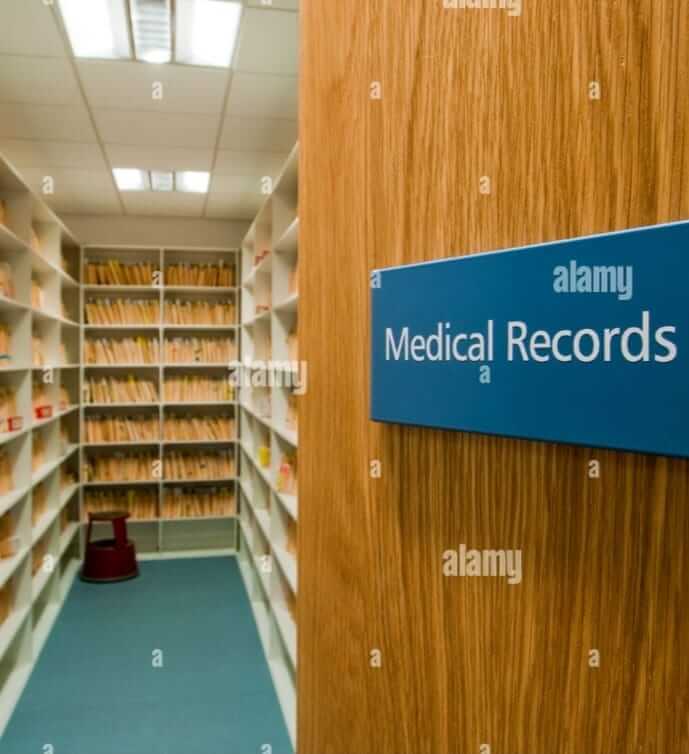
What are Health Records?
Pak Chronicle Web Desk
Health records are vital documents that contain information about an individual’s medical history, treatments, and health conditions. They serve as a reference for healthcare providers to make informed decisions about a patient’s care. In this article, we will discuss what health records are, their importance, types of health records, and the future of health records.
What are Health Records?
Health records are documents that contain an individual’s medical history, treatments, and health conditions. They are created by healthcare providers during a patient’s healthcare journey. Health records include information such as the patient’s name, date of birth, allergies, medical history, lab results, and diagnoses.
The Importance of Health Records
Health records are critical for providing high-quality healthcare. They serve as a reference for healthcare providers to make informed decisions about a patient’s care. With accurate and up-to-date health records, healthcare providers can better diagnose and treat patients, leading to better health outcomes. Health records also help patients keep track of their health information, making it easier to manage their health.
Types of Health Records
There are several types of health records, including:
Electronic Health Records (EHRs) – EHRs are digital versions of a patient’s health record. They contain information from all healthcare providers involved in a patient’s care. EHRs are stored electronically and are easily accessible by healthcare providers.
Personal Health Records (PHRs) – PHRs are patient-controlled health records. They contain information about a patient’s medical history, medications, allergies, and other health-related information. Patients can access their PHRs from anywhere and share them with healthcare providers as needed.
Medical Billing Records – Medical billing records contain information about a patient’s medical expenses. They include information about the services provided, the cost of the services, and the patient’s insurance information.
The Future of Health Records
The future of health records is digital. Electronic health records (EHRs) have become the standard in healthcare, and many healthcare providers are moving towards using them exclusively. With EHRs, healthcare providers can easily access a patient’s health information from anywhere, making it easier to provide high-quality care.
Another trend in health records is the use of artificial intelligence (AI) and machine learning (ML) to analyze health data. By using AI and ML, healthcare providers can identify patterns in a patient’s health data and make more accurate diagnoses and treatment plans.
Paper-based and electronic based records
According to Wikipedia There has been a quite a debate over the topic whether paper-based health records are better or electronic health records.
The researches have proved benefits and downsides of both these system on scientific and logical basis.
The health experts may have comfort in their medical work while accessing the electronic medical records under one umbrella sort of thing. However, there is downside of this system too.
This system can pave way for increased amount of stolen information by unauthorized persons.
On the other hand, the health experts may be difficulty while going through paper-based health records. However, there is a bright side of it too. There are less threats associated with it of stealing this record by unauthorized persons for the sake of their vested interests.
The concept of electronic health records (EHRs) can be traced back to the 1960s, but it wasn’t until the late 1990s and early 2000s that EHR systems began to be developed and implemented on a larger scale. The Health Information Technology for Economic and Clinical Health (HITECH) Act, passed as part of the American Recovery and Reinvestment Act (ARRA) in 2009, provided significant funding to promote the adoption of EHRs in the United States.
Today, EHR systems are widely used in healthcare facilities around the world, with the aim of improving patient care and outcomes through the use of digital health records.
Conclusion
In conclusion, health records are vital documents that contain information about an individual’s medical history, treatments, and health conditions. They serve as a reference for healthcare providers to make informed decisions about a patient’s care. With the move towards digital health records, healthcare providers can provide high-quality care more easily and accurately. The future of health records is bright, with new technologies like AI and ML being used to improve patient outcomes.



































